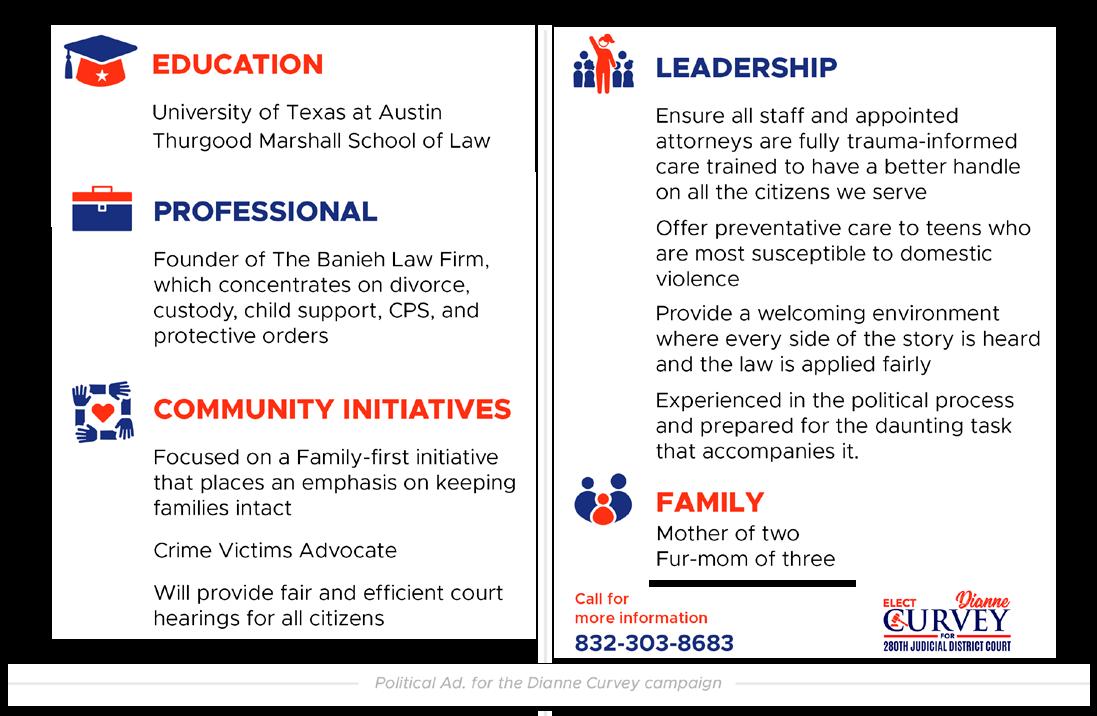






Many consumers are mindful of the environment when making purchases these days. Just look at the popularity of hybrid vehicles, alternative fuels, locally grown produce and a host of other products designed to use fewer resources and reduce pollution and waste. Housing is definitely on that list.
· Replace water-thirsty plants with landscaping that requires little additional irrigation.
· Replace old windows with energy-efficient windows.
· Seal air leaks around windows, doors and other areas that may have gaps.
· Seal air ducts.
· Install additional installation.
· Replace appliances with newer models that have earned the EPA’s Energy Star designation.
What pollutes more –a car or a house?
You don’t think of houses being responsible for carbon emissions, but they are –to a significant degree. The energy you use for heating, cooling, appliances and lighting most likely comes from a source that produces carbon emissions. Other factors, like water use and building materials used to construct or remodel a home, can also significantly affect the environment.
You might think the best way to “go green” in housing is to start from scratch. And it’s true. If you’re building a new, custom home, you can make decisions that will greatly increase energy and water efficiency. You can also select the most environmentally friendly building materials and construction methods. But if you’re not building a new home, there’s no need to throw up your hands. There’s still plenty you can do to make a difference.
· Replace heating and cooling units.
· Replace the water heater with a more efficient model.
· Change out incandescent bulbs with compact fluorescents.
You probably know that efforts like these offer benefits beyond helping the environment. They also save money. Yes, you pay more on the front end to make improvements such as those listed above, but each one of them reduces your expenses – often paying for itself in short order. As energy costs continue to rise, the more you can do to cut consumption, the more it pays off.
How low can you go?
When looking to purchase an existing house, it’s possible to assess some aspects of its energy use. How old is the air conditioning unit? Does the landscaping consist of native plants? You might even be able to secure energy bills from the current owner to review electricity and water usage (but keep in mind that your usage may vary considerably).

You can also hire a professional to better determine just how energy efficient or inefficient a home may be.
Whether purchasing a home or wanting to make the best of the house you already own, there are many steps you can take to improve energy efficiency. Here are some examples:
You can find information online about how to lower your energy consumption and make wise environmental choices in housing. The EPA’s Energy Star website, EnergyStar.gov, offers resources and tips about new homes, home improvements and more. You can find advice, calculators and other helpful tools on other sites as well.
Your realtor also can help you make informed, green decisions. Some agents have even taken courses specifically designed to help their clients reap the benefits of environmentally friendly practices.
For more information about Texas real estate, please visit HAR. com. And for information about the Houston Black Real Estate Association, please visit www.hbreahouston.org.
Content provided by the Houston Association of Realtors

While there are many ways to set your kids up for a successful future, money in the bank is one of the most powerful financial tools you can pass along. Every dollar you save or invest can help your child

years to come.
When it comes to saving for your kids, the sooner the better. Building up funds now can ensure kids will have less to worry about as they get older and can open up more financial opportunities.
To help you get started, consider these several ways to save wisely for your kids.

es as this is only intended to provide general information.
2.
Purchasing a home can be one of the most secure and highest-return investments you can make for your children, especially in today's housing market. A home can be passed down through generations or sold when the value has increased.
If you're looking to invest in a home for your children, consider manufactured housing. Manufactured homes attached to a permanent foundation appreciate at an average rate of 3.4%, while traditional homes appreciate at an average rate of 3.8%. So, while manufactured homes may not appreciate at the exact same rate, they're pretty close! Vanderbilt Mortgage and Finance can help you finance manufactured housing with their newly improved loan process, which allows you to apply online and track your progress digitally. Vanderbilt's Home Loan Guide offers more ideas on how to budget and prepare for buying a home.
3. Use Roth IRA contributions
If you have a Roth IRA account, you can use some of the funds to pay for qualifying education expenses. If your account is at least five years old, you can withdraw up to your original contribution amount. Be sure to consult a tax advisor to assist with your specific circumstances.
4. Allow kids to use debit cards
Consider teaching your kids money management skills early on by allowing them to use a debit card co-owned by you. If you have teenagers who earn an income, this is a great tool for learning how to deposit checks, set aside money for savings and more.
A high-yield savings account can be a great place to stash birthday and holiday gift money over the years and watch it continue to grow. This type of account can typically be co-owned and managed by parents until your child is responsible enough to manage it on their own.
Putting money for your kids in a trust doesn't have the same tax benefits as a 529 plan, but it does pose some important benefits. Trust accounts allow you as parents to create exact rules around how you want the funds disbursed to your children. For example, you can give the money in a series of installments or request that it be used only toward tuition.
Whether you're thinking about your child's education or simply want to set aside funds for when they reach a certain age, plan ahead and consider these tips and options for reaching your goals.


